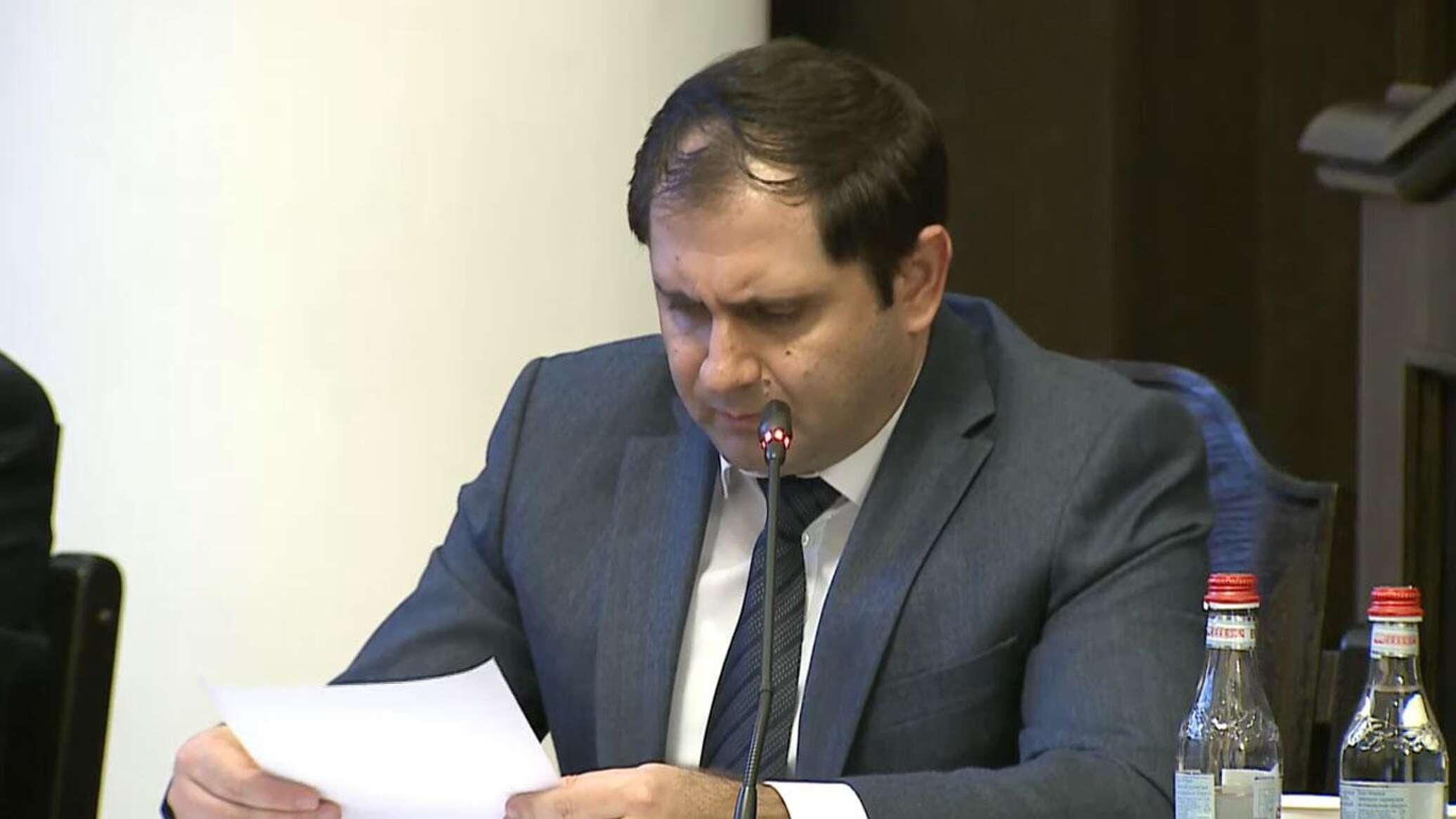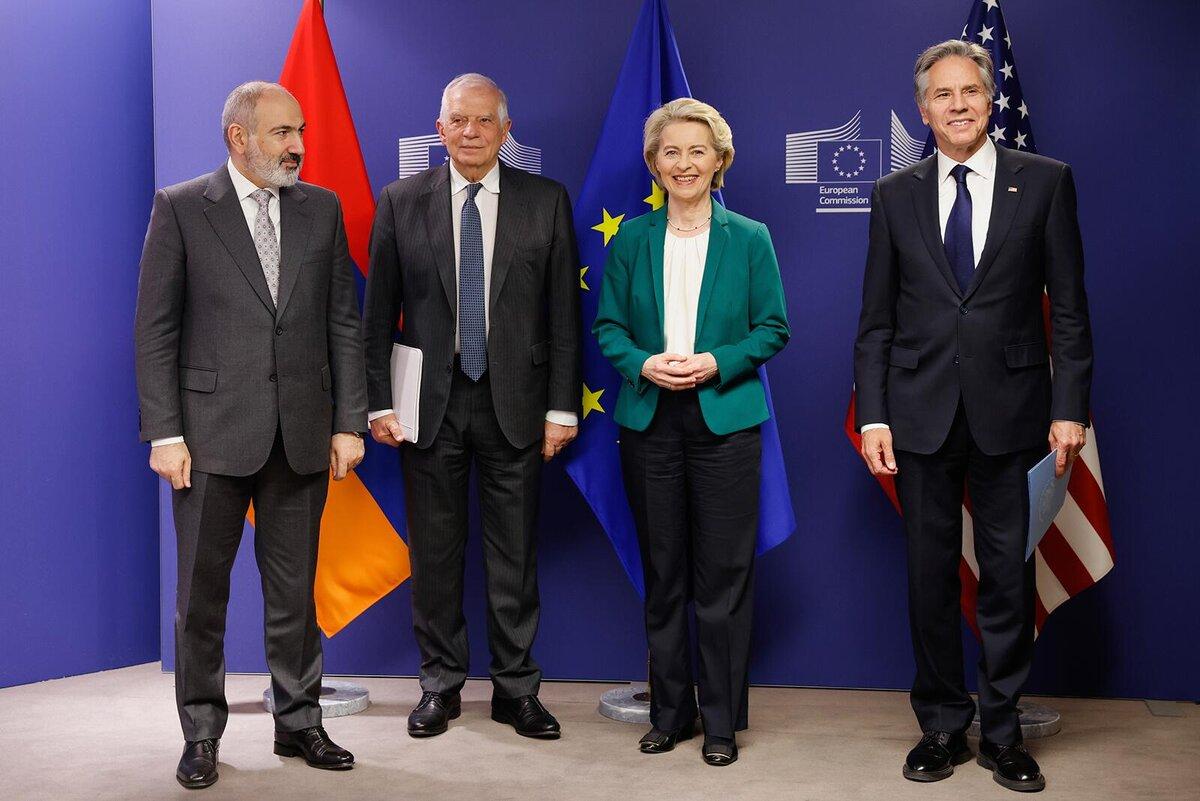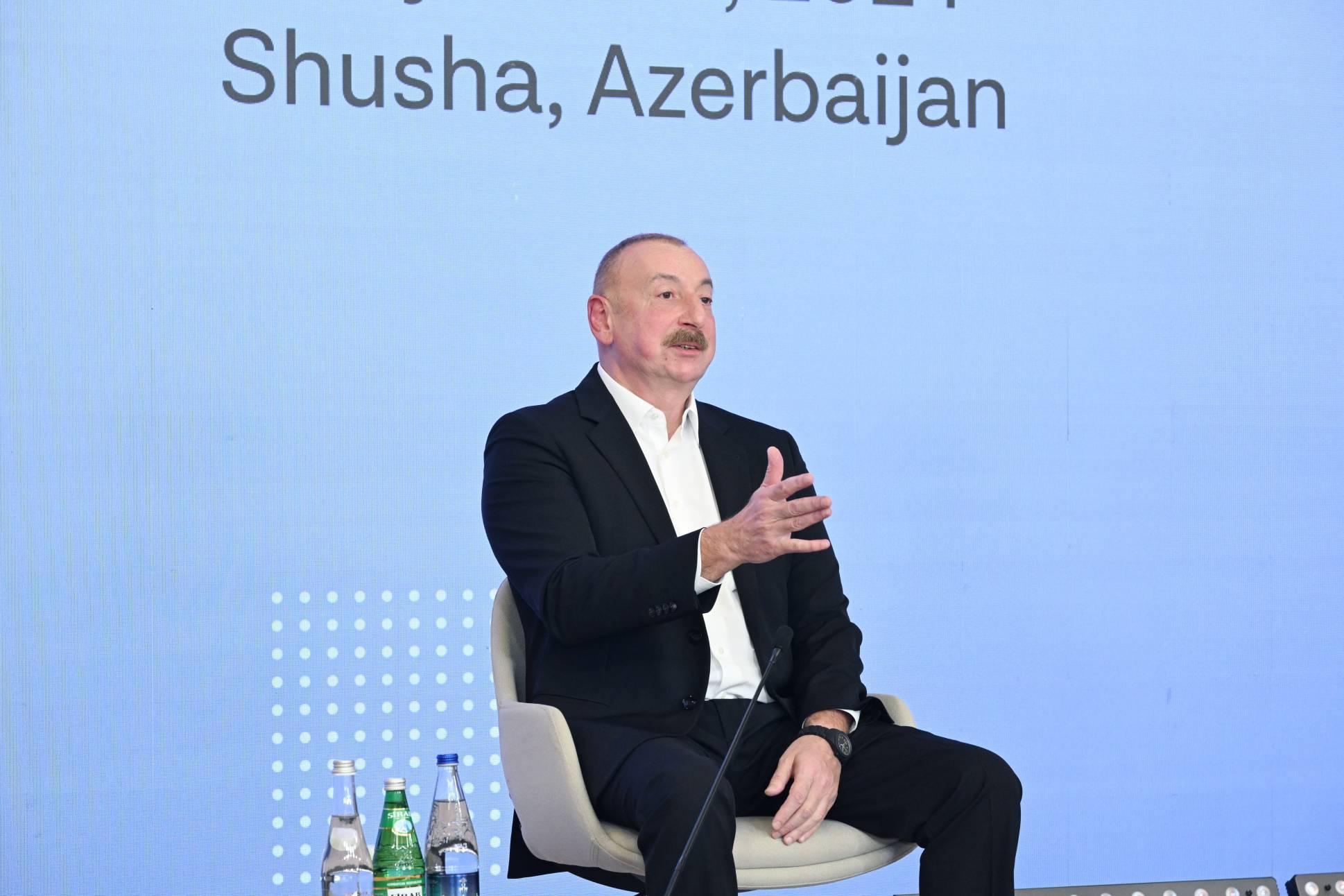European weapons for Armenian revanchists EU hypocrisy
The term "for the first time" became widely popular on Armenian news sites yesterday (July 22). This phrase was used prominently and with great enthusiasm to announce that the European Union is granting Armenia 10 million euros from the European Peace Facility (EPF). This "first-time" achievement was hailed as a major milestone, aimed at enhancing the Armenian Armed Forces' material and technical capabilities and improving civilian protection in crises and emergencies. The initiative also seeks to boost Armenia’s resilience and improve the operational compatibility of its military forces for potential future international missions. Additionally, the funding will support the establishment of a fully-equipped tent camp for a battalion-sized unit.
The convoluted wording in the above statements reveals an attempt by the organizers of this "first-time" showcase to deliberately create confusion for those reading these lines. However, the essence of the 10-million-euro tranche from Brussels to Yerevan is clearly explained in the EU Council’s press release. According to the document, despite vague references to enhancing "dialogue and cooperation in foreign policy," the focus is actually on "common security and defence policy." There it is—short and clear.

Interestingly, similar to the EU’s information, Armenian Defense Minister Suren Papikyan initially used equally convoluted language when thanking the EU for its decision to "assist Yerevan through European peace tools." It’s not immediately clear what these tools are. However, it becomes clearer as he specifies that the tranche is a result of "mutual trust and shared interests" between Brussels and Yerevan, aimed at "strengthening Armenia’s defense capabilities." This clarification makes the intention much more apparent.
One might wonder whether this should be surprising, given the official information about the European Peace Facility (EPF), which was created by the EU Council in 2021 with a budget of around 5 billion euros for the period 2021–2027. The EPF is designed to enhance the EU’s ability to "prevent conflicts, support peace, and strengthen international stability and security." This sounds like a promising start, hinting at steps towards preventing conflicts and more.
However, as one reads further, it becomes clear that the 10-million-euro tranche's purpose is more than just a gesture of goodwill. The official description of the EPF emphasizes that it allows the EU to "enhance the capabilities of armed forces" in partner countries while supporting "the activities of its missions and operations under the common security and defense policy in countries receiving assistance for military and defense equipment or infrastructure."
Do we need any additional comments here, except for fixing the manifestation of yet another Brussels-Paris-Revolutionary wave for the militarisation of the South Caucasus? These are the real goals and objectives of the so-called "partnership" between Armenia and the EU. This was reflected in his statement by the head of the press service of the Azerbaijani Foreign Ministry Ayhan Hajizada, who said that Baku considers the decision of the European Union to provide military assistance to Armenia as extremely erroneous and dangerous, which will serve to increase tension in the region. Such actions of the European Union are clearly biased and are a manifestation of the policy of creating dividing lines in the region. In light of this, Hajizada voiced a "strong objection" to the above move by the EU Council, calling on the structure to put an end to "militarisation in the region". Otherwise, the responsibility "for any possible destabilising provocation by Armenia will also fall on the EU".
So, Brussels, is everything clear to you? The same Brussels that first initiated the dispatch of a certain "civilian mission" to Armenia and then, within the framework of the Armenia-EU-USA format meeting in April, focused on deepening cooperation between Yerevan and Brussels "in the field of defence and security".

Naturally, the Armenian segment of political insinuations immediately tried to "justify" such a bellicose line with the alleged "plans of Baku" with regard to Western Azerbaijan. And what foresight did Azerbaijani President Ilham Aliyev show when on 21 July within the framework of the II Shusha Global Media Forum he stated that "in the international world controlled by the Armenian Diaspora" Baku was subjected to accusations of "almost some invasive thoughts" towards Armenia. In light of that, a head of state pronounced: "I said that we will not go there in tanks, we will go there in cars. I'm still saying it now. I think that this is one of the messages that the sponsors of today's Armenian regime, especially in Paris and other Western capitals, should convey to them very clearly".

But, as we can see, these capitals are absolutely not interested in this kind of messages. And why do they need them? Against the background of openly manifested Turkophobia, Azerbaijanophobia and Islamophobia in the European Union, the main task of the interested external forces in the vector of the South Caucasus is to artificially push destabilisation processes in the region. Armenia is destined to play the role of an agent, if not a puppet of the European Union establishment.
For the public, the EU actions described above in some detail are justified by the EU-Armenia partnership and the existence of common values "aimed at promoting peace, stability and prosperity in Armenia and the South Caucasus". In reality, Brussels and Yerevan are well aware of the danger of the steps they have taken. And, most likely, they are already scrutinising certain provisions of what Ilham Aliyev said at the II Shusha Media Forum.
By Teymur Atayev
The views and opinions expressed by guest columnists in their op-eds may differ from and do not necessarily reflect the views of the editorial staff.








